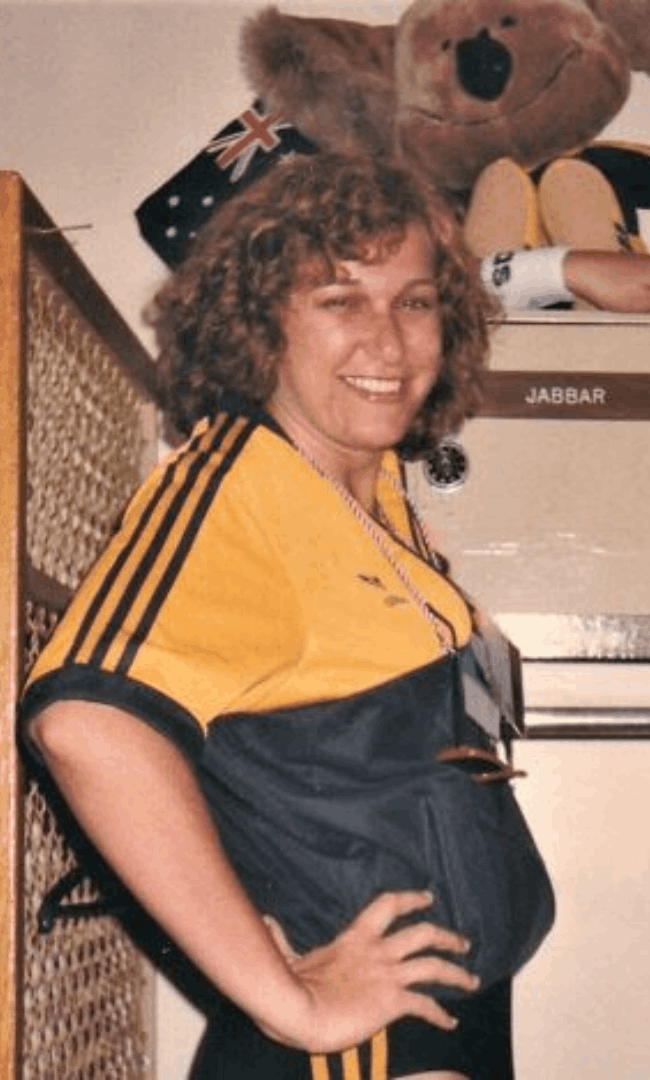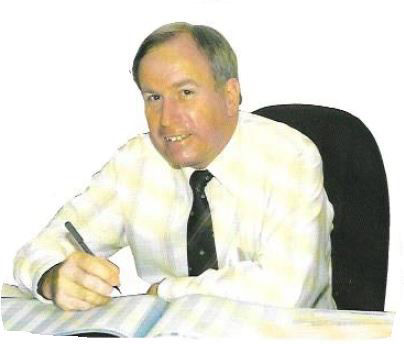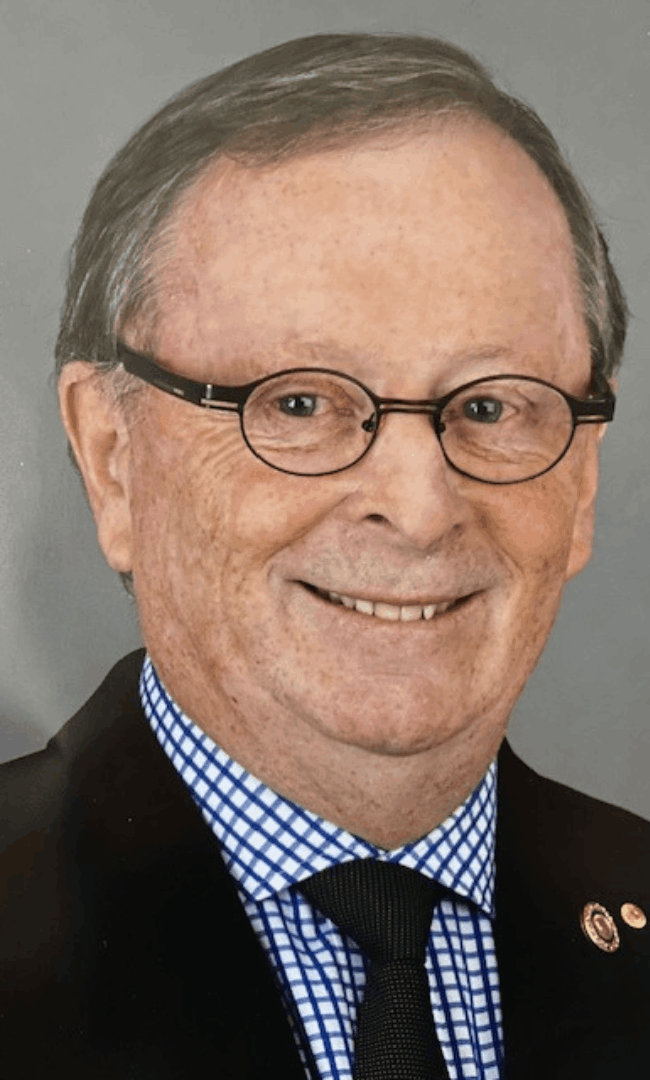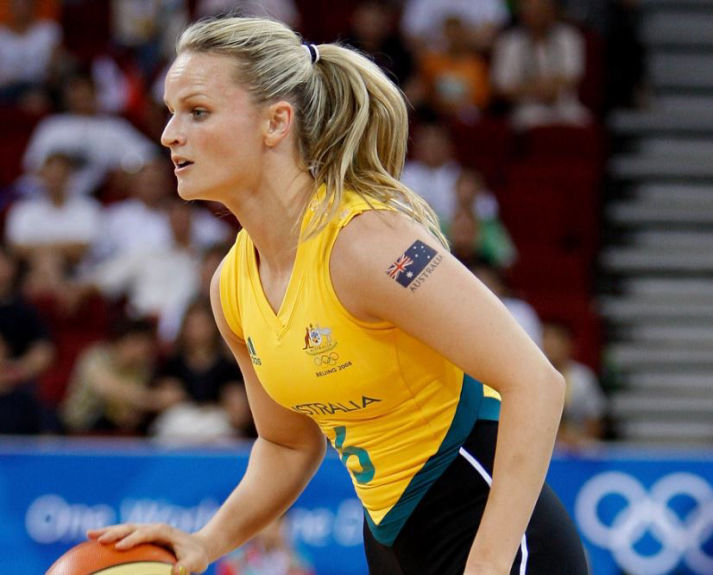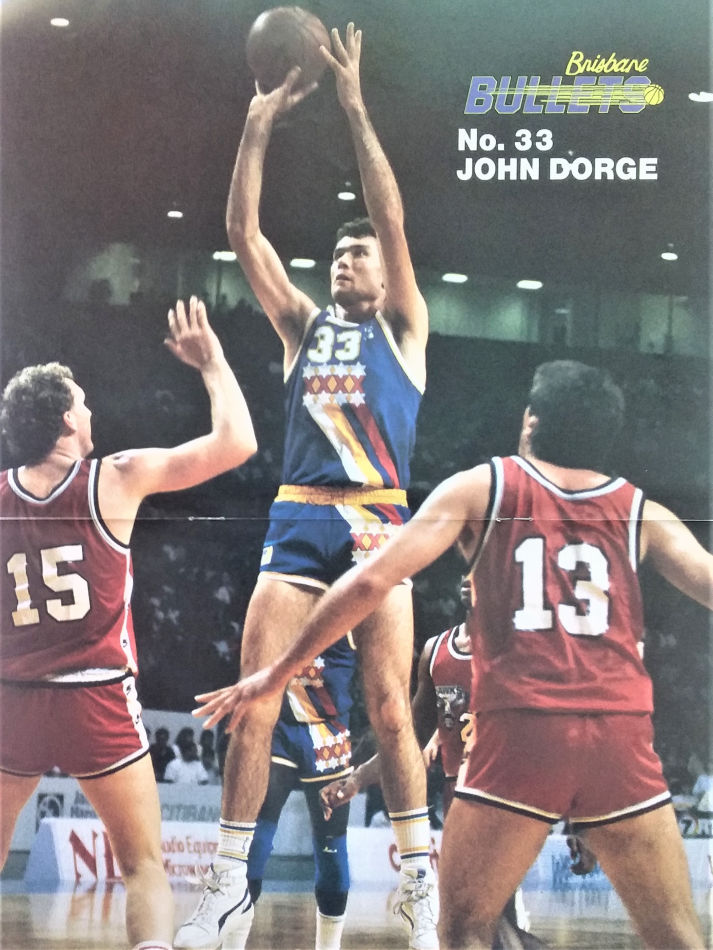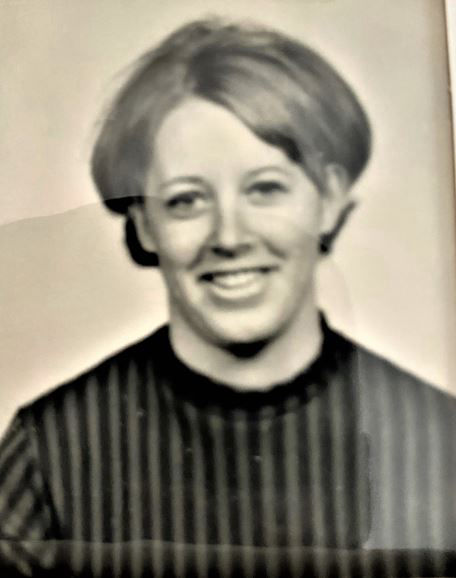Bronwyn Marshall was first introduced to the Queensland basketball community in 1979, after being awarded Rockhampton Basketball’s Most Valuable Women’s Player of the Year Award at the age of fifteen. As predicted at the time, this instigated not only her impact on Queensland and Australian basketball but also at an international level.
As a Queensland basketball representative, at both junior and senior championships, Bronwyn has a unique and enviable record as one of the very few basketball players to win a gold (1980 under 18) and two silver (1982 under 20, 1983 Senior) medals at Australian championships.
Bronwyn was a basketball scholarship athlete at the Australian Institute of Sport in 1982 and 1983 and an integral member of the AIS women’s team, touring Japan, Korea, Europe and undefeated tours of United States east coast and New Zealand. During her two WNBL seasons with the AIS Bronwyn played 34 games, scored a total of 284 points for an average of 8.4 points per game, a field goal shooting percentage of 50% and a free throw percentage of 72%.
Bronwyn’s performances at Australian championships and in the various AIS programs earned her selection in the Australian Opals team to contest the FIBA World Championships in Brazil in 1983 and again in Moscow in 1986. As one of three Queenslanders, she competed in the pre-Olympic tournament in Cuba and subsequently in the Australian Opals’ first participation at an Olympic Games in Los Angeles in 1984.
Bronwyn continued her stellar career playing seven seasons in the WNBL, from 1984 until 1990, for the Brisbane Blazers, scoring 1,290 points and hauled down 65 offensive rebounds and 183 defensive rebounds during the years that rebounds were recorded. In 1989/1990, she was also one of the first Australian female players to play professionally in an overseas league, in Switzerland.
Bronwyn has since brought her exceptional playing experience at international, national, and state level to her role as coach of the WNBL Brisbane Blazers (1994-1996), assistant coach with Centre of Excellence / Australian Institute of Sport and coach at the Brisbane Capitals.
These diverse experiences and invaluable insights into the intricacies of sport administration later complemented Bronwyn’s outstanding role as a member of the Basketball Queensland board, (including Chairman), a member of the board of Basketball Australia and led to appointments as Deputy co-chair of the local organising committee for the Women’s FIBA World Cup (Sydney 2022) and Chair of the World Cup Athletes Services Advisory Committee.
Bronwyn Marshall’s exceptional playing career and subsequent extraordinary, multi-faceted basketball life makes her a worthy inductee into the Queensland Basketball Hall of Fame.
